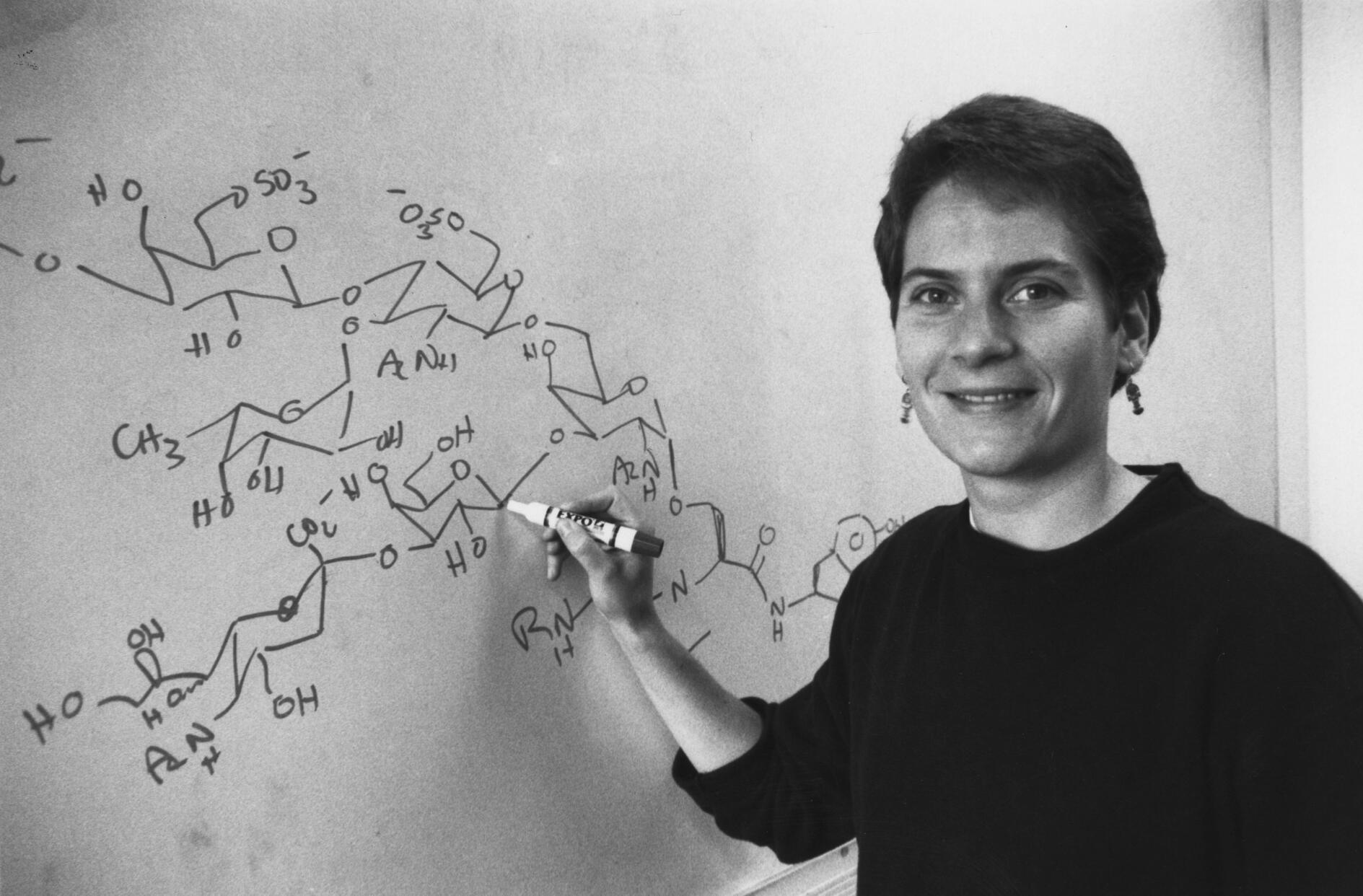- « first View: Taxonomy term
- ‹ previous View: Taxonomy term
- 1 of 8 View: Taxonomy term
- 2 of 8 View: Taxonomy term (Current page)
- 3 of 8 View: Taxonomy term
- 4 of 8 View: Taxonomy term
- 5 of 8 View: Taxonomy term
- 6 of 8 View: Taxonomy term
- 7 of 8 View: Taxonomy term
- 8 of 8 View: Taxonomy term
- next › View: Taxonomy term
- last » View: Taxonomy term








 The College salutes the pioneer women chemistry faculty at Cal. Both as scientists, and as early faculty members at the University, they helped to pave the way for the next generations of women faculty and students.
The College salutes the pioneer women chemistry faculty at Cal. Both as scientists, and as early faculty members at the University, they helped to pave the way for the next generations of women faculty and students.